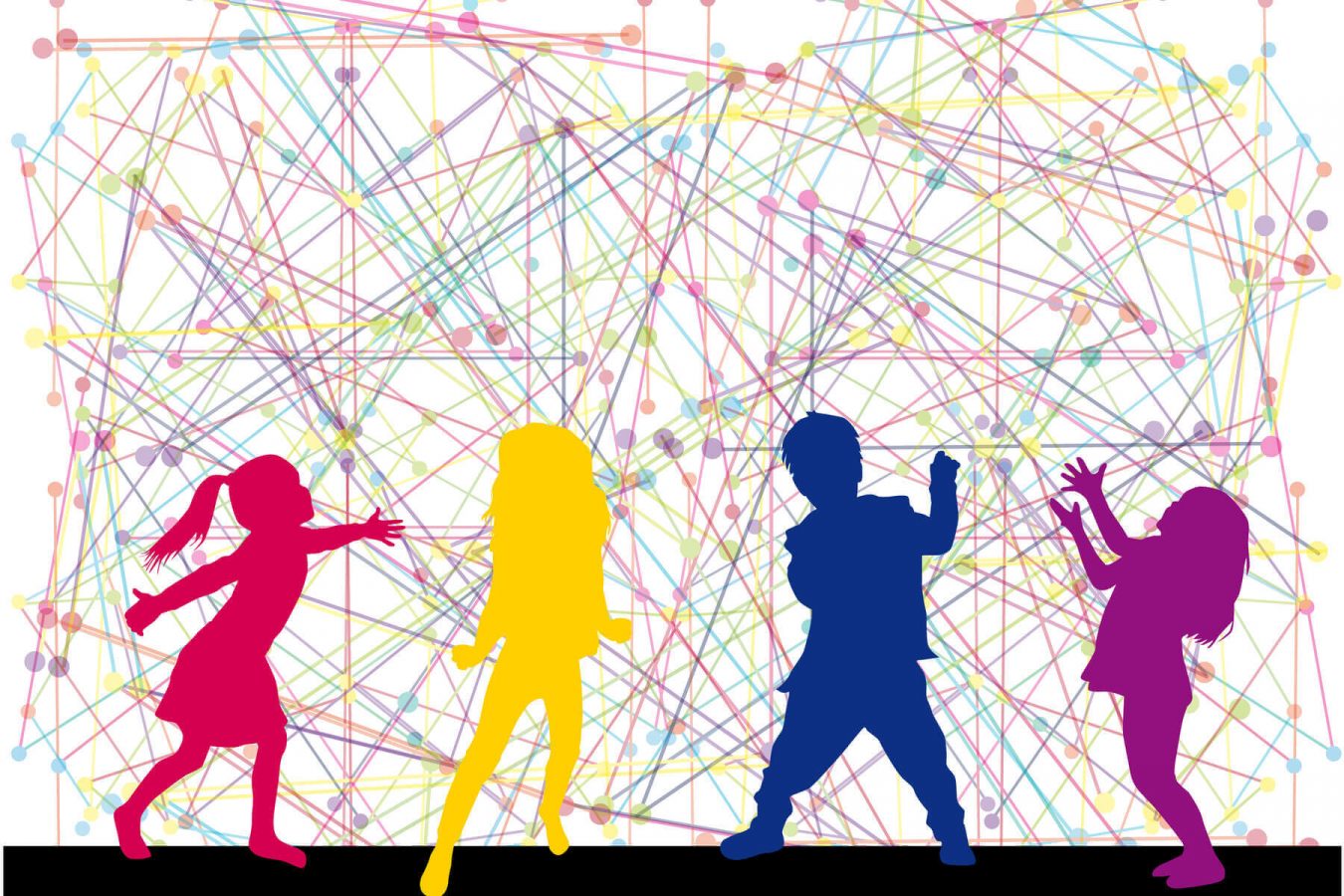
How gender stereotypes at home may hamper female students’ progression in the classroom, are we robbing our kids of music discovery, and the impact of sleep on teen mental health.
Our selection of thought-provoking and useful resources from around the web on educating and raising children, and supporting families.
Parents overestimate sons’ maths skills more than daughters’, study finds
(Hannah Devlin, The Guardian)
A recent study from the UK revealed parental bias in estimating children’s math abilities. Parents tend to overestimate their sons’ skills more than their daughters’.
The article reports that researchers found that the bias persists, regardless of socioeconomic background or education level. The study surveyed over 1,500 parents and their children.
‘We know that gender stereotypes can be a self-fulfilling prophecy’, Dr Valentina Tonei, an economist at the University of Southampton, said. ‘We sometimes hear that girls don’t like maths, but what has been done to look at why they don’t like maths? I’m quite convinced that this is not that girls dislike maths, but that it is the result of years of being exposed to stereotypes’.
Dr Tonei and colleagues also analysed data from about 3,000 children and their parents who had participated in the Longitudinal Study of Australian Children (LSAC). ‘Because parents overestimate mathematical skills more in boys, it leads to an amplification of the difference in mathematical skills between boys and girls. This can contribute to a widening of the gap over time’, said Dr Tonei.
The findings highlight the importance of addressing parents’ and educators’ unconscious biases to ensure that all children receive equal support and encouragement in STEM subjects.
Read the full article‘It’s basically inaccessible without a phone’: are kids losing their love for music?
(Oliver Keens, The Guardian)
There’s a good chance you grew up listening to music on a CD or cassette— even vinyl if you are of a certain age! But today’s young people are left to access music predominantly via streaming services.
In this article, the author explores how smartphones impact our kids’ relationship with music. While streaming has made music more accessible — think Taylor Swift dropping an album and being able to access it immediately — it has led to a somewhat passive consumption of songs.
‘A whole age group of kids – let’s call them “pre-phone children” – are now unable to access music of their choosing. In fact, they have virtually no musical autonomy at all, not helped by plummeting investment in music tuition’, he writes.
Daniel Levitin, the neuroscientist, cognitive psychologist, and bestselling author of books such as This Is Your Brain on Music says, ‘… children have to find an adult who can sing to them, who can play an instrument or can push the right buttons on Spotify’.
The author laments, ‘I just want pre-teen kids to feel free to explore the actual music before the spark of youthful curiosity is snaffled by a million online distractions. I want them to roam free, not in a walled garden of safe curated playlists such as Spotify Kids, which seems less like a nourishing mentor and more a risk-averse nanny’.
While technology has made music ubiquitous, it’s crucial to encourage children to develop a deeper appreciation for music beyond just streaming it on their phones.
Read the full articleGood sleep hygiene for teenagers is key to mental wellbeing.
(Emily Laurence, ABC News)
Parents may think that the key to quality sleep for their teens is getting them off social media and into bed earlier. But experts say that’s not the only answer.
‘They’ve already tried to reduce technology; they have already tried to have the phone out of the bedroom and they are lying there in the dark and they can’t get back to sleep’, says Australian sleep psychologist Michael Gradisar.
While studies have shown the impact of devices on sleep, the primary influence is biological. Clinical teen sleep psychologist Dr Cele Richardson said, ‘From the course of childhood through adolescence, there’s this kind of ubiquitous delay in our body clock [or circadian rhythm] timing so our body clock drifts later’.
Associate Professor Aliza Werner-Seidler from the Black Dog Institute developed Sleep Ninja, an app currently used by thousands of teens. ‘The Ninja acts as a sleep coach and guides the young person through developing core skills and strategies — things like regular bedtime and wake times and how to deal with thoughts and worries that keep you up at night’, she said.
Research has shown that kids sleep longer if parents enforce bedtime on school nights. ‘You’ll get resistance, but at the same time the benefits are going to be just so huge for them’, Dr Gradisar reassures.
Read the full article

